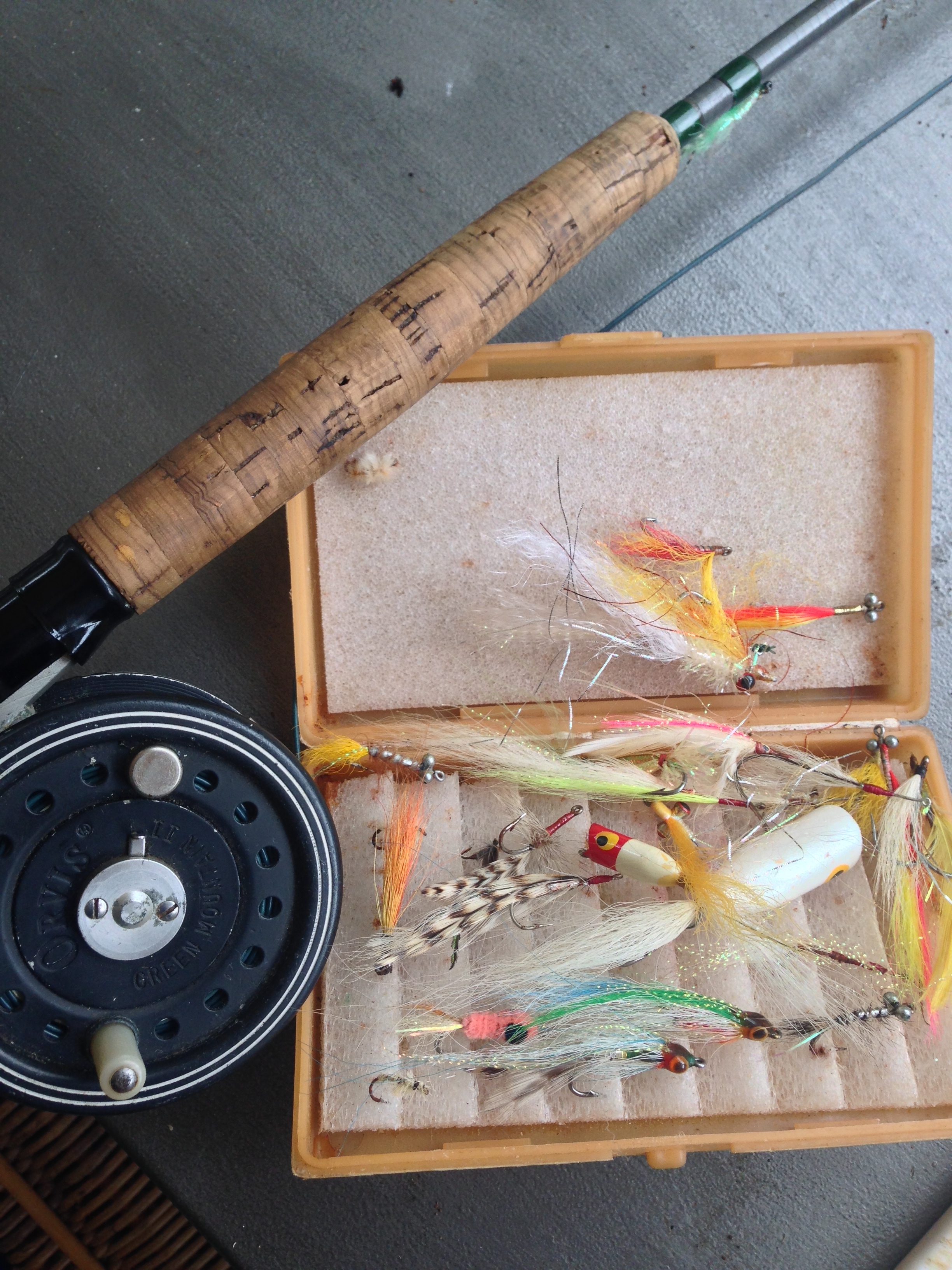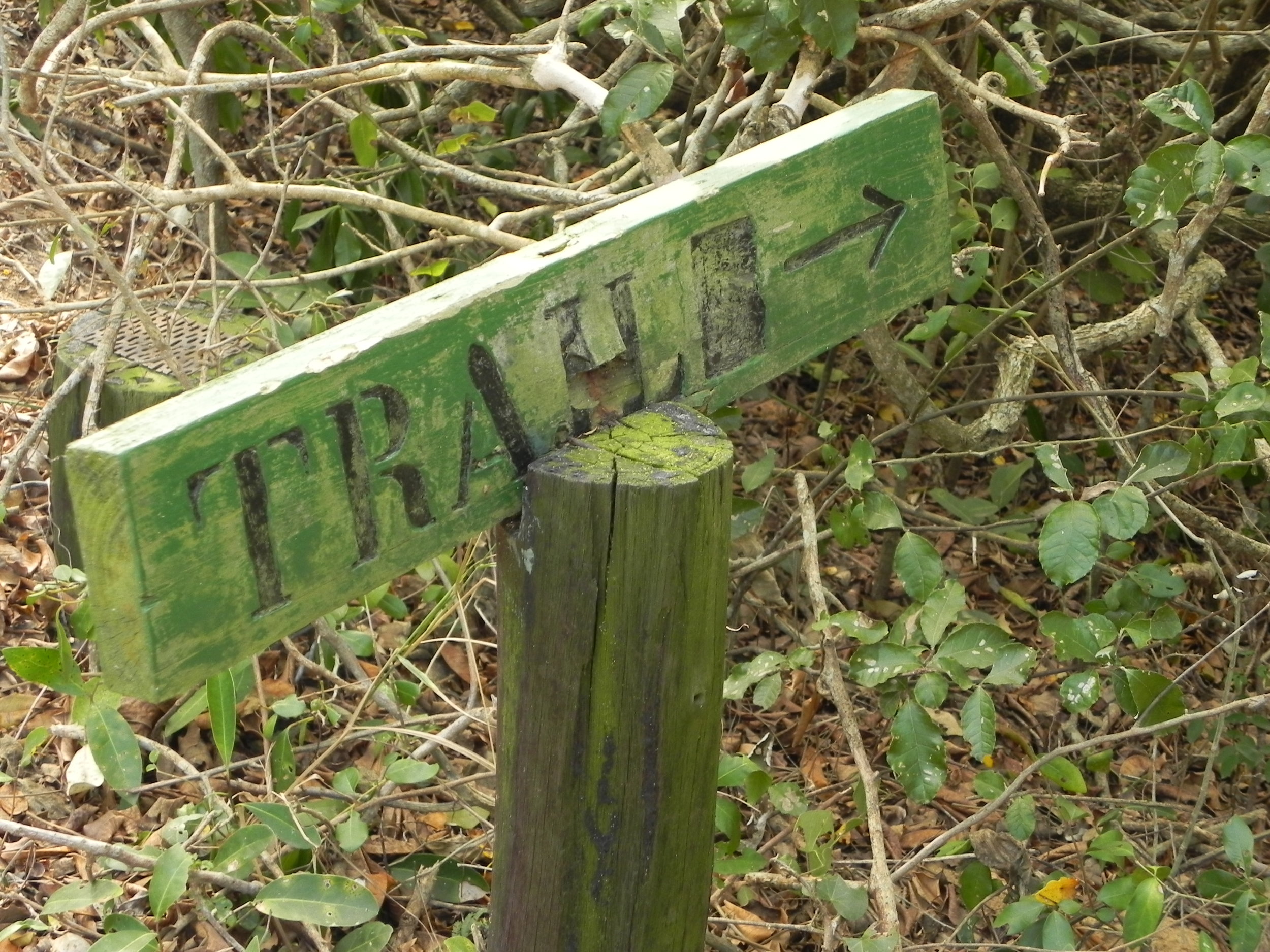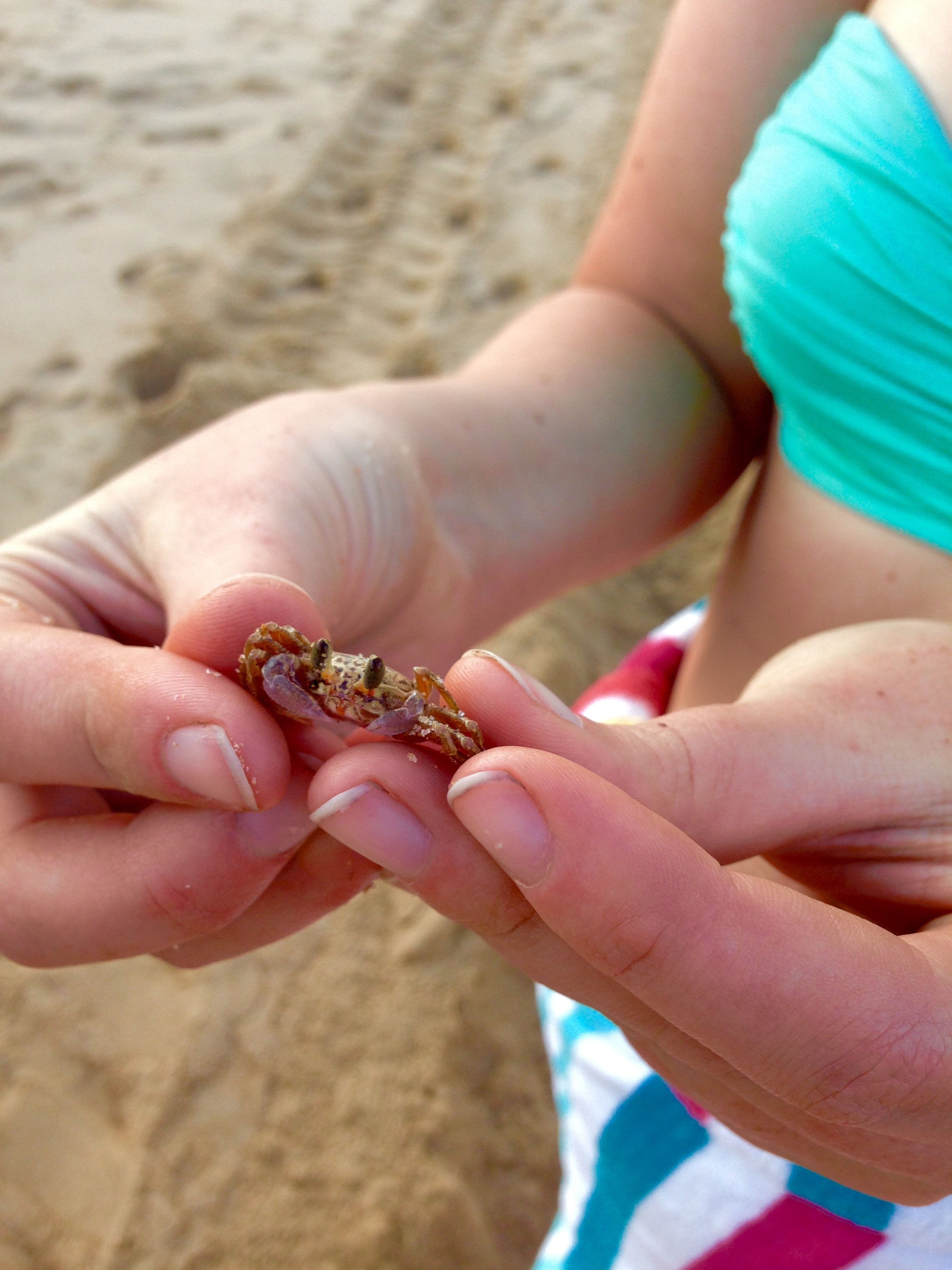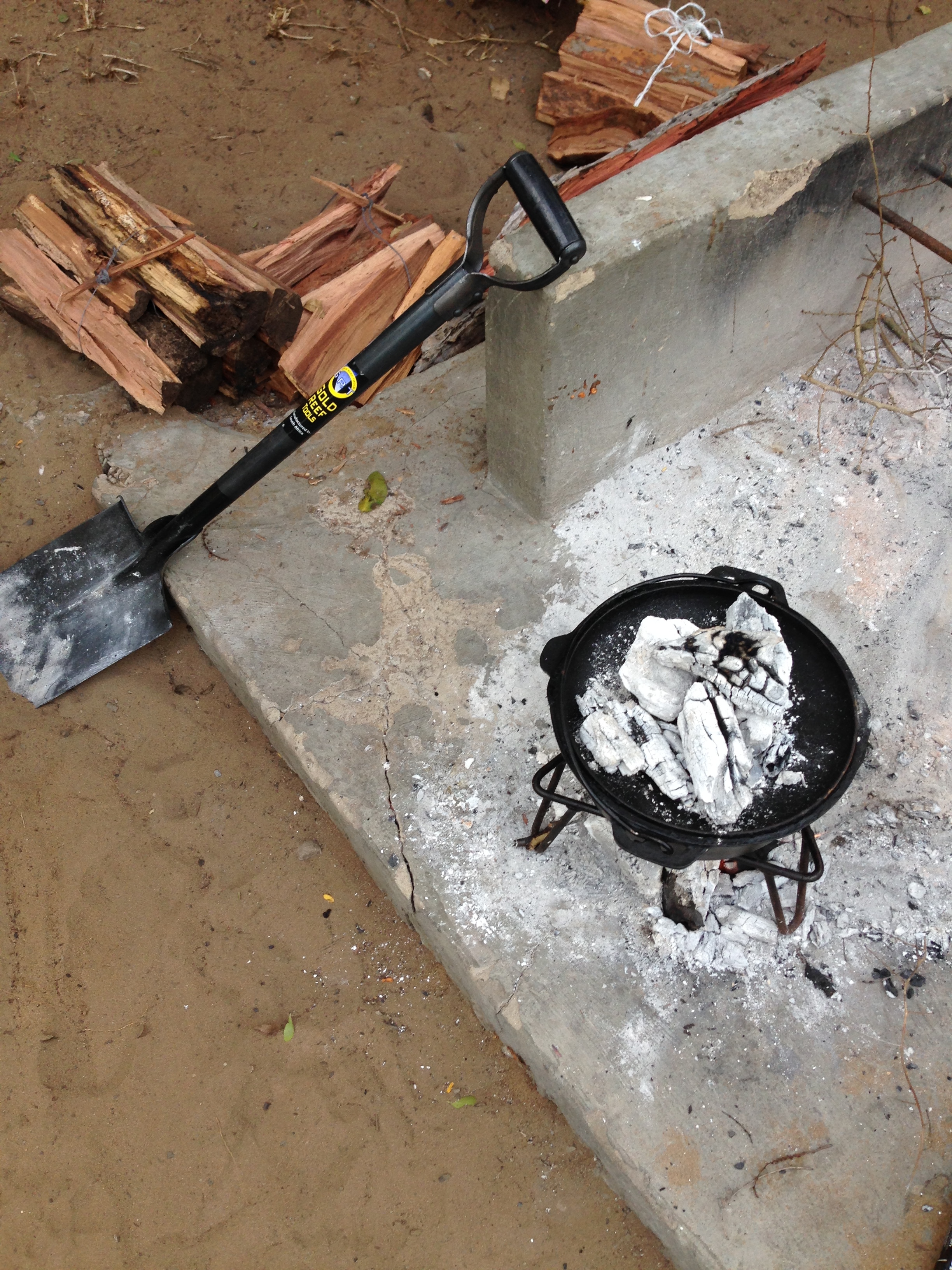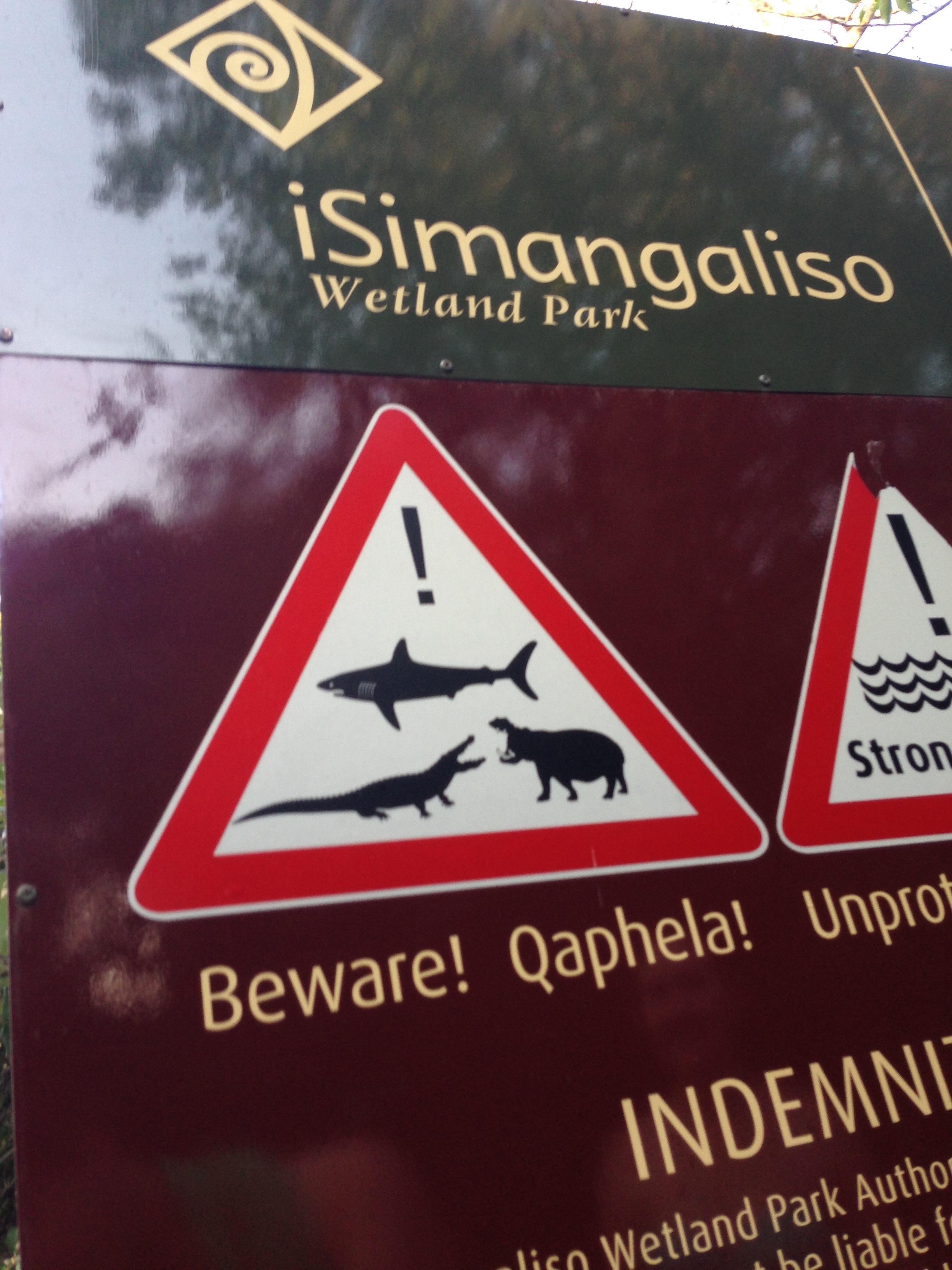Mabibi Campsite: Far from everything
Mabibi Campsite has developed a mythical status in our family. Whenever we get chatting with friends over a few drinks, and the topic of camping in South Africa comes up, we always rave about Mabibi.
It is not like a lot of other coastal campsites in this country, where people are packed in like sardines, with their generators and caravans. This is remote bush camping at its best.
It's a community run campsite located on land owned by Sappi, a South African pulp and paper company. The camp is in the iSimangilso Wetland Park, the third largest park in the country and the country's first World Heritage Site. It spans 280 km of coastline, from the Mozambican border in the north to Mapelane south of the Lake St. Lucia estuary.
If you want to get away from people, work, the city or life, then you should go to Mabibi. It's far away from everything.
We left Johannesburg after work on a Tuesday evening and broke the journey by staying on the border with Swaziland, on a farm outside the town of Piet Retief.
It was a tough journey after work. At Ermelo it started to get dark and we stopped on the side of the road for a breather. For the last few hours we had been stuck behind coal and forestry trucks and long trains of cars on windy roads.
We enjoyed our cool drinks overlooking the dusty highveld at dusk and imagine the completely different world we would arrive in the next day. We got back in the car for another couple of hours of difficult driving and we descended the escarpment in the dark.
We eventually arrived at our bed and breakfast exhausted and in need of a beer. Unfortunately, the accommodation was nothing special but we were tired enough to appreciate it.
The next morning, after coffee and rusks, we walked down through fields and jumped over a stream into Swaziland!
We jumped over a stream into Swaziland!
We still had another 4 hours on the road ahead of us to reach the beach. We headed down the N2 until we go to the Pongola Dam, where we headed off the motorway up over the Ubombo Mountains and into Jozini.
Driving through the mountains we enjoyed spectacular views of the dam and Pongola Nature reserve bush. We stopped for fuel at the Jozini Engen, amongst the chaos of a small South African town.
After Jozini, we got the feeling that we were heading into an increasingly remote area as we headed into the sandy flats of northern KZN. We stopped on the side of the road to buy wood and shortly afterward we turned off the tar onto an un-signposted track.
The track passes through monotonous SAPPI pine plantations. The plantation finally ended and made way to sub-tropical dune forest and rolling grassland and, most importantly, we saw a signpost to Mabibi camp.
Jolene the Jimny at the entrance to Mabibi.
We drove through soft sand and forest to our campsite, where Kate’s parents were waiting for us. We chatted while we pitched our tents under a lush forest canopy. In the excitement of arriving my parents left a window open in their car. The monkeys were quick to jump in and grab a few avocados.
After camp was set up we walked down a long set of steps through the dunes down to the beach for a swim and sundowners. As the stairs ended in front of us we saw the wild, blue Indian Ocean in all of its glory. We looked left to see white sand stretch to the horizon. We looked the other way and saw the same.
Our first dip in the ocean.
We spent three days exploring the area, snorkeling, walking on the beach, trying to fish, 4x4ing, braaing and relaxing. On the Friday, we made the trek up to Black Rock beach, a renowned fishing spot.
We drove through the park along sandy tracks and over dunes. We were very impressed by the Jimny’s capabilities in the sand. Apart from one moment where we were beached on the middle mannetjie and had to reverse and have another crack at getting up the dune.
Black Rock was probably a bit too far for the day and we had a hard drive back, racing to beat the light. Based on the advice of a fisherman at the beach, we paid a local man to guide us back to the main road, via shortcut. It soon became apparent that he had no idea how to get us home. Luckily with the help of Tracks4Africa we made it back to camp just after dark.
Black Rock Beach
On our last afternoon after a long walk along the beach we drove the short distance over the dunes and forest for sundowners on Lake Sibaya, a freshwater lake full of hippos. As we sipped out G&Ts we watched a pied kingfisher diving for fish and heard the distant hippo calling.
The highlight of Mabibi is the spectacular snorkeling. Every morning at low tide we would snorkel and swim in a large rockpool, where water and sea life were trapped. It ranged from ankle deep to more than 2 metres in some spots. We saw lots of brilliantly coloured fish, a stone fish and an octopus.
Best time to go: Winter (April-September)
Website here.






